569: Coronavirus Update for Investors - some Health Tips and Analysis
03-25-2020
PropertyInvesting.net team
Coronavirus and Climate: We wanted to try and capture some of the learnings so far with the pandemic – to help you consider the best ways to stay healthy and safe.
Our assessment based on published scientific works thus far suggest the spread of Coronavirus is more prevalent based on the following criteria – its spreads most with:
• Dry climates (low humidity)
• Cold climates
Its impact is far higher when people are older – you are ten times more likely to be fatally infected if you are in the age group 70-90 compared to agree group 50-70 for instance.
Populations that are: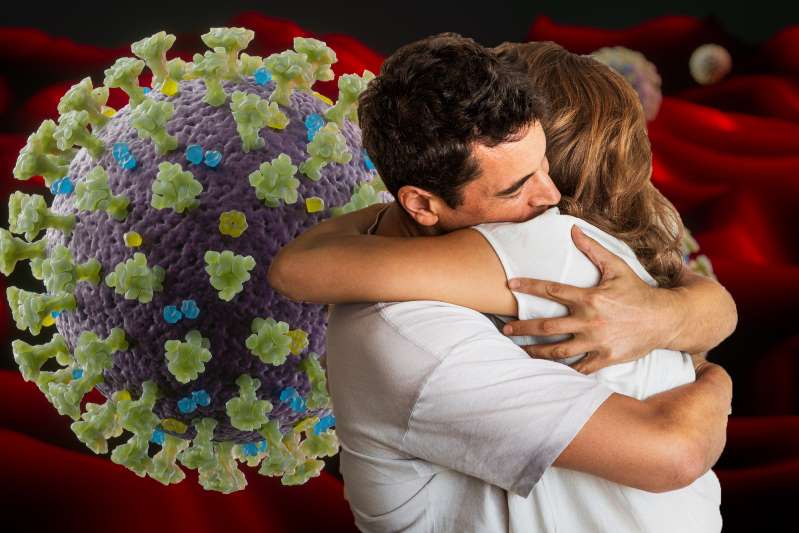
• More tactile (kissing/hugging across generations)
• Extended families live together under the same roof
• Less careful with cleanliness – hands etc
• Less likely to listen to and action government directives and regulations
• Less government control on citizens behaviours and actions – more freedom
Some of the key learnings are to:
• Stay two metres apart from anyone
• Wash your handed regularly and properly with soap for at least 40 seconds each time (use hand moisturiser to prevent chapping-rashes)
• Use hand sanitiser and wipes – particularly if you “venture out”
• Do not touch your mouth, eyes or nose – if you do, wash your hands straight away (or use hand sanitiser)
• Make sure your throat stays nice and moist – drink small gulps of water regularly
• Don’t sneeze or cough unless its into a hankie or into your elbow
• Try and avoid any contact with people as much as possible – called social distancing
• Taking multi-vitamins and vitamin D – plus eating a healthy diet probably helps
A few correlations that are worth considering in the early stages of this dreadful pandemic – with the associated learnings:
• The Italians are generally very tactile, shake hands a lot, kiss and hug a lot and like to be with their extended families – its possible this is the reason why their outbreak has been very bad
• The Italians have a very elderly population – and hence their fatality rates might be higher because of this.
• When the Italian outbreak occurred, schools were shut – and its possible many people did not properly socially distance – then went on holidays and visits with their extended families
To consider: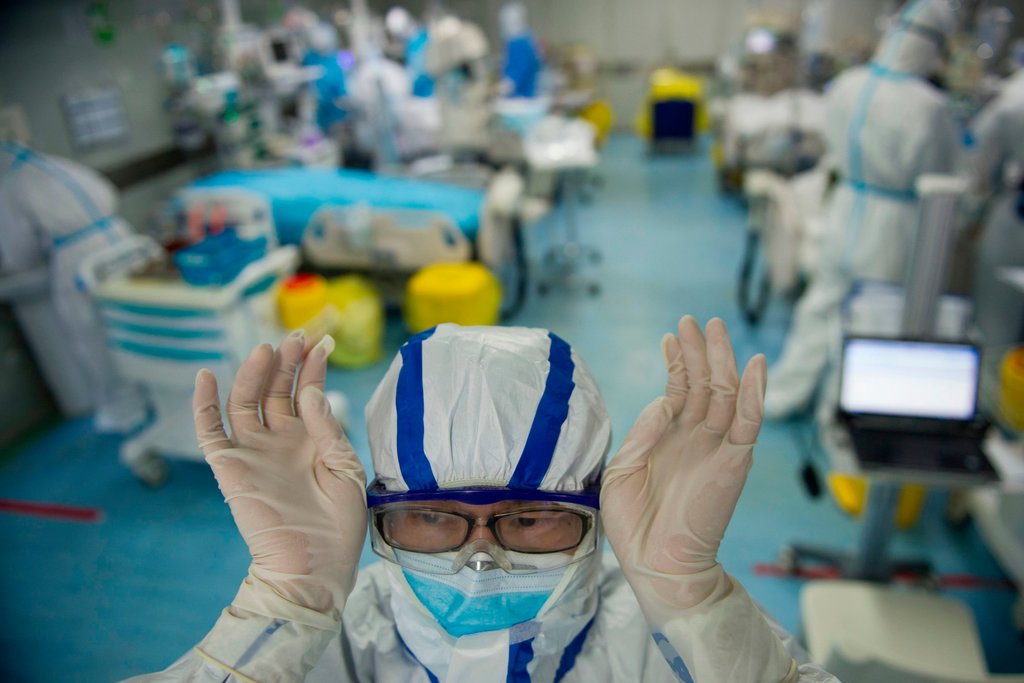
• Avoid cold dry air-conditioned places – particularly where people mix – like hotels, airports, cafes, pubs, shops etc (note pubs and cafes are now closed in many countries)
• Try and stay in warm moist environments and warm moist homes (hence dehumidifiers are probably not good, whilst specific air purifiers that take out particles probably help)
The perfect environment to mitigate the risk of Coronavirus spread would be with temperatures over 28 deg C and humidity at 100% - so places like the island of Borneo and the Caribbean Islands spring to mind – “without air conditioning”. However, we don’t suggest anyone travels there – you need to stay at home. And also consider this – if you do get ill, would you rather be in London (with lots of big hospitals) or the Caribbean – where the healthcare is likely to be far less good.
Humidity Very Important: Being in Miami will be better than New York. You should be aiming for high temperatures and high humidity. The Coronavirus almost certainly affects cool dry places far more than warm wet – its likely more to do with humidity than anything else – and remember as it gets warmer then humidity normally also increase - so to test this hypothesis – we looked to the cases in the Northern Hemisphere and checked these with the humidity at this time of year – and in general – the major cities that have been affected worst are all currently in cool dry climates where the virus multiples and spreads fastest:
- Milan and Lombardy (plane) – humidity 50%
- New York – humidity 50%
- Madrid – humidity 50%
- London – humidity 50%
- Tehran – humidity 50%
- Soul – humidity 30%
20 March 2020 - Lowest humidity is darker green-brown areas (London 40%) - "grey good, brown bad"
25 March 2020 - Lowest humidity currently in Germany - Poland, Belarus and western Russia (bad) London 50% (not good) with Scotland and West of England-Wales 70-80% - far better
Avoid Air Conditioning: High temperature and high humidity areas around the world are affected far less – there may be “imported” cases that are then spread via air conditioned hotels, homes and shops etc, but
Type Example: Earlier in the year Wuhan’s humidity was probably around 30% when they had the bad outbreak, but recently it has shot up to 80-90% as spring is approaching. Yes, they did some drastic actions to get it under control, but the humidity levels have shot up at its now 19 deg C – far warmer than before in January which probably also helps.
UK Humidity Levels: Now you might think we are over playing the importance of humidity – and its true to say major cities that have large flows of people travelling-mixing tend to have lower humidity that other areas and cities, but we should take a look to test this hypothesis in the UK.
West Better Than East: As one can see – the worst affected areas are London, Hampshire, Leeds, Sheffield, Derbyshire – these are generally in the east of the country where humidity levels are lower – around 50%. Now you would have though places like Manchester and Liverpool and Glasgow would have seen many more cases – particularly Manchester with is airport and many commercial travellers and students. But the levels in the NW England have been a lot lower, also Cornwall and Wales – and our belief it that its partly because of the higher humidity levels and higher rainfall in these areas. The more mist, rain and damp humidity the better. 
Hypothesis: Could explain why northern Italy and Spain in early March (and central China end Jan) so badly affected?
Weather Website: Fingers crossed when it gets warmer and if it stays moist - this should help. But the problem in the UK as of 22 March – its got cool and dry – because of easterly winds from Scandinavia – the humidity levels are forecast to be low around 50% for the next two weeks – so just as we go into lockdown – we have to contend with lower humidity – which is bad. In May and June - the country should warm up and humidity levels increase, but the next 4 weeks in the UK are going to be very bad we thing. Many more cases and its also dry in the west now – check out this super website for the current and forecast humidity levels: Ventusky.com
Global Context and Statistics
Just to put the Coronavirus into context at this time – and compare it with the risks of car accidents injuries or fatalities:
- To 24 March 2020 – 18,552 people have died of the Coronavirus in 2020 and there are 0.287 million active confirmed cases and 126,845 of confirmed cases that recovered. There are 7 billion people living globally. The average age of people dying is around 68 years old (on average around 7 years left to live).
- In 2019 there was – annually – 1.25 million people that died in car crashes globally and 20-50 million injured. The average age of the people dying in around 38 years old (on average around 37 years left to live)
- In the UK there are around 2000 people that die in car crashes each year – all preventable incidents. In Italy this number is far higher – around 3800 people. So far in the UK 400 people have died of the Coronavirus – and the vast majority have been elderly or people with existing health issues.
- The annual number of deaths in the UK is ~550,000 - that's about 1,500 a day - on 29 March 209 the number of deaths attributed to Coronavirus was 209 (acknowledging this is on a rising trend) - that's a 14% increase over an average daily death rate.
Downside Threat – the Unk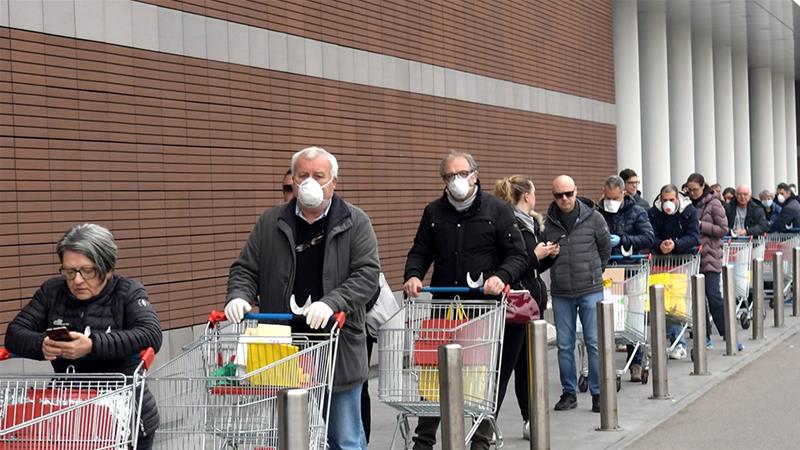 nown
nown
The big threat of course is that Coronavirus cases and fatalities get completely out of hand – the whole country is overwhelmed with cases. For instance, in Cornwall there are only 15 Intensive Care beds in the whole county of 0.8 million people – things will get out of hand very quickly once cases rise sharply. The government plan to have 4000 new beds available in an emergency Nightingale Hospital (Excel Centre) is a super initiative at the right time, but each city or regional hub should be thinking the same on a smaller scale. May be Birmingham needs a 1000 new emergency beds for instance.
The other big threat and issue is that the Coronavirus has no vaccination – this is likely 12-18 months away – and it is far more contagious than Flu. Some numbers on this:
• Flu has a “pass on rate” of 1.3-1.4 per person – that means 10 layers of transmission – you get to 14 to 29 people.
• Coronavirus has a “transmission rate” of 2.5 to 3 – that means 10 layers of transmission – you get around 59,000 people infected.
So hopefully you understand the importance of social distancing – and avoiding any contact – because it can spread very rapidly-easily. The virus can also stay on cloths for 24 hours, and metal surfaces for about the same time. It is killed with temperature. It does not like anything more than 20 deg C.
Most people think or understand the Coronavirus to be seasonal – like the flu – and another big threat is that it dies away in June-July in the northern hemisphere then comes back even worse in October-November. Our view is that it should start dying away in June-July – but it will come back again in October 2020 to April 2021 – though the size of the onset is completely unknown and not predictable. This is the medical, economic and social huge uncertainty we are all living with and seeing now. It will impact the global economy enormously – and cause a recession and other aftereffects and un-intended consequence likely hyper inflation and currency crashes in some weaker countries in the next few years – let’s explore this a little further:
Economics
Whether you think the concerns and actions to this threat are mildly or severely overblown or not – for investors it does not matter. The hard fact is – it is and will have a huge impact on the global economy. Not one area will not be affected by Coronavirus “economically” since the global supply chain and financial markets and currencies are interlinked, so even those countries without any cases might see a big recession from market factors – like restrictions to exports and imports and goods and services – and lack of tourism/travel.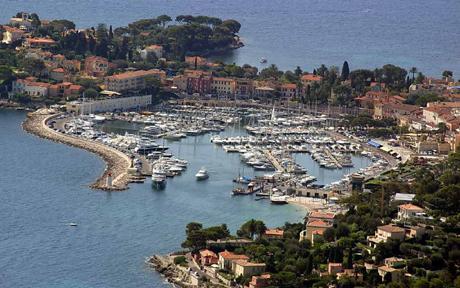
The housing market will be hit hard as people’s appetite to purchase a property during these uncertain times evaporates – in many countries, particularly those badly hit by coronavirus cases. The higher unemployment will also zap both he house prices and rental markets in countries affected. It’s going to be tough times for Landlords and tenants unfortunately.
Government Actions
We have some previous experience of this from the last few financial crashes. – this is what the governments and Central Banks around the world will do during a period of financial shock and recession – to try and smooth out the financial cycle and the massive shock - if they are able:
• Reduce interest rates to bare minimum – already done in the UK and USA
• Print their fiat currencies – out of thin air – being adding zeros to their computers – to try and re-inflate economies and prevent companies and individuals from going bankrupt – and reduce the rate of increase in unemployment
The outcomes are likely to be in the next 6 months – in our opinion:
• Currency weakness in the weakest and most severely affected economies – the UK can expect this weakness
• A period of stagflation – rising costs without any GDP growth
• Oil prices will eventually rise sharply from the current $25/bbl – as city investors hedge the massive inflation risks by buying oil
• Gold and silver prices should also rise – as investors buy the precious metals as a hedge against inflation or hyperinflation (and the possibility debt markets crashing)
• Food and import costs will rise sharply in most countries as the printed dollars, Euros, Yuan, Yen and Pound start to be exported around the world over the next few years
We are deep into the panic period now – and it’s possible oil prices could drop even further before starting a sharp rise – shaking out the weak hands. But like all financial shocks and panics, things reach a floor – at maximum over-reaction or peak gloom – bounce for a bit – then start rising sharply. We think we are at or close to the bottom already – close to peak gloom – in the financial markets. But we have only just started with a house price correction that could be long and protracted – it really depended on how long the Coronavirus outbreak lasts.
Investment Directions: So for investors – our view is:
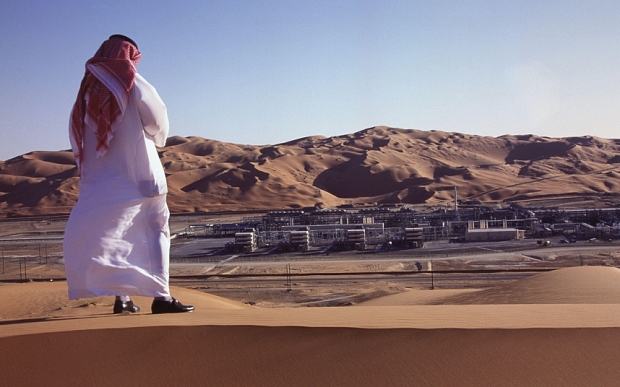
• Don’t buy properties yet – and its too late to sell into a declining market
• The oil market is close to a low – consider buy oil company shares that have been beaten black and blue over the last few years also because of Climate Change concerns – particularly if you believe the Saudi’s and Russians will agree to cut oil production (possibly encouraged by the USA in some shape or form)
• Silver and Gold prices look low and we think they will rise higher as the money printing presses start. Silver took a massive negative correction a few days ago landing at $12/ounce – massively low and a ratio of 129: 1 to Gold – an all time 4000 year historic anomaly low. This might have been markets shorting and suppressing it to shake out the weak hands or because industrial demand for silver is protected to tank. But Silver is the bargain of the century in our view – at current $14/ounce – that’s $1 worth of silver for every person on the planet. There are 7 billion people around the world but only 0.5 billion ounces of silver available for use. Each $14/ounce coin is 14 people’s worth of silver. It’s three times ch eaper than in 1980. It’s the only think we can think of that is cheaper today in nominal terms that in 1980. Gold – a store of wealth – during panic and inflation or recessionary period – also looks a bargain considering the $2 Trillion dollar printing spree about to start – just prior to the US election.
eaper than in 1980. It’s the only think we can think of that is cheaper today in nominal terms that in 1980. Gold – a store of wealth – during panic and inflation or recessionary period – also looks a bargain considering the $2 Trillion dollar printing spree about to start – just prior to the US election.
• Wait until after the house price correction to start buy properties – this could be any time between 6 months and 2-3 years away.
We hope this Special Report has given you some interesting perspectives into the new regime we are working within. Its very destressing for the vast majority of people – and very few people will come out of this at all well. The number one priority is safety and health – and trying and help as best you can those around you – with particularly with regard to the elderly most vulnerable. Then another important priority is staying employed and staying financially solvent of course. We all need to protect investment with this regard, and not do anything rash at this time. If you have any queries, please contact us on
enquiries@propertyinvesting.net
www.google.com (our preferred search engine)

